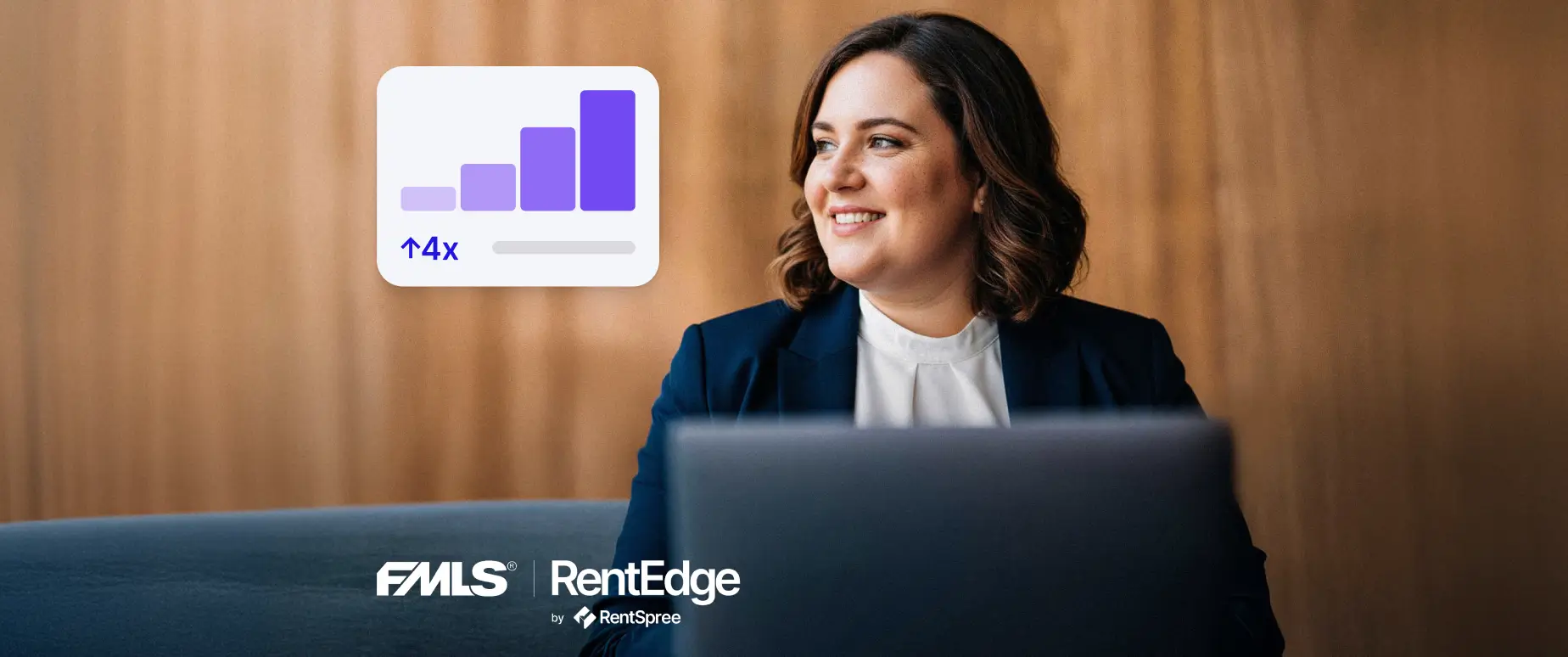Tenant screening laws vary by state and even by local municipalities, with a variety of rules and regulations governing the application and screening process, deposits, and the treatment of tenants under the terms of the lease agreement. Find out what California tenant laws apply to you and your property so that you can ensure you remain in compliance while developing a screening process that ensures better qualified, problem-free tenants.
Tenant screenings aren’t expensive or time-consuming, and the wealth of information they provide is invaluable. Here’s what you need to know about California tenant screening laws before utilizing them to find the best qualified applicants.As a property owner or manager, a large part of your success depends on finding good, reliable tenants. While there are no guarantees, screening prospective tenants will help you determine if they are likely to pay their rent on time, take care of your property and not cause problems. It’s an important step that can help guard against those tenants who cause time-consuming and costly headaches. Screen tenants quickly and easily with RentSpree's rental application process.
RentSpree has you covered. This type of screening background check includes a check of a potential tenant’s credit history, which will help you weed out tenants who have a history of not paying their rent on time or at all. This also can reveal if a tenant has a low credit score because of problems they’ve since resolved.
You’ll also be able to run a check of the renter’s criminal history, which is particularly important. In some cases, tenants try to use rental properties to conduct criminal activities. These tenants can ruin your good reputation as a property owner or manager, bring violence into your community and even endanger other residents.
In addition, tenant screening may provide you with important legal protections. If one tenant commits a crime against another, a clean background check on the aggressor will help illustrate that you couldn’t have predicted these actions.
Screenings can also help in case you’re accused of discriminatory leasing practices. Tenants are protected by a national law called the Fair Housing Act, and California's State law is even more extensive than the Fair Housing Act. If you declined to rent to a prospective tenant because of legitimate issues revealed in a background check, this can help defend you against unwarranted accusations of discriminating against renters due to their race, sexual orientation, religion, gender, etc.
Pass the cost of screenings to applicants
In California, you can include the cost of tenant screenings along with the application fee. The cost you pass along to the tenant can include the actual cost of the screening as well as the cost of your time, which must be a reasonable value. Application fee caps can rise annually based on the Consumer Price Index and are just over $50.
But don't unfairly profit from screening fees
Although you can require prospective tenants to bear the cost of their screenings, you can’t make a profit from these fees. You’ll need to provide your tenant with a written receipt after they pay the fee and must itemize all costs. If the report and the value of your time is less than what you charged the prospective tenant, the difference must be returned to the tenant. And if you don’t run a background check at all, this portion of the application fees must be returned to the tenant.
Credit reports
If you obtain a tenant’s credit report as part of the screening process, they’re entitled to a copy of it if they ask for it. Additionally, a prospective tenant can order that a freeze be put on their credit so it can’t be accessed by third parties without the tenant’s consent. It’s reasonable to expect that your renter will suspend the freeze long enough for you to check their credit report or to give consent for this information to be released to you. If they don’t, you can legally deny their application.
Conclusion
Tenant screenings are a valuable tool to help you avoid potential problem tenants and rent to those who are more likely to be reliable, problem-free renters. But in order to conduct a lawful California tenant screening, you must be aware of and adhere to the laws that govern these very valuable checks.
Screen and lease with confidence
Find qualified tenants faster than ever with results you can trust.


Related posts
Want to make rentals easier to manage?
Save time on marketing, screening, and payments. Join over 2 million agents, landlords, and renters using RentSpree.





.jpg)

